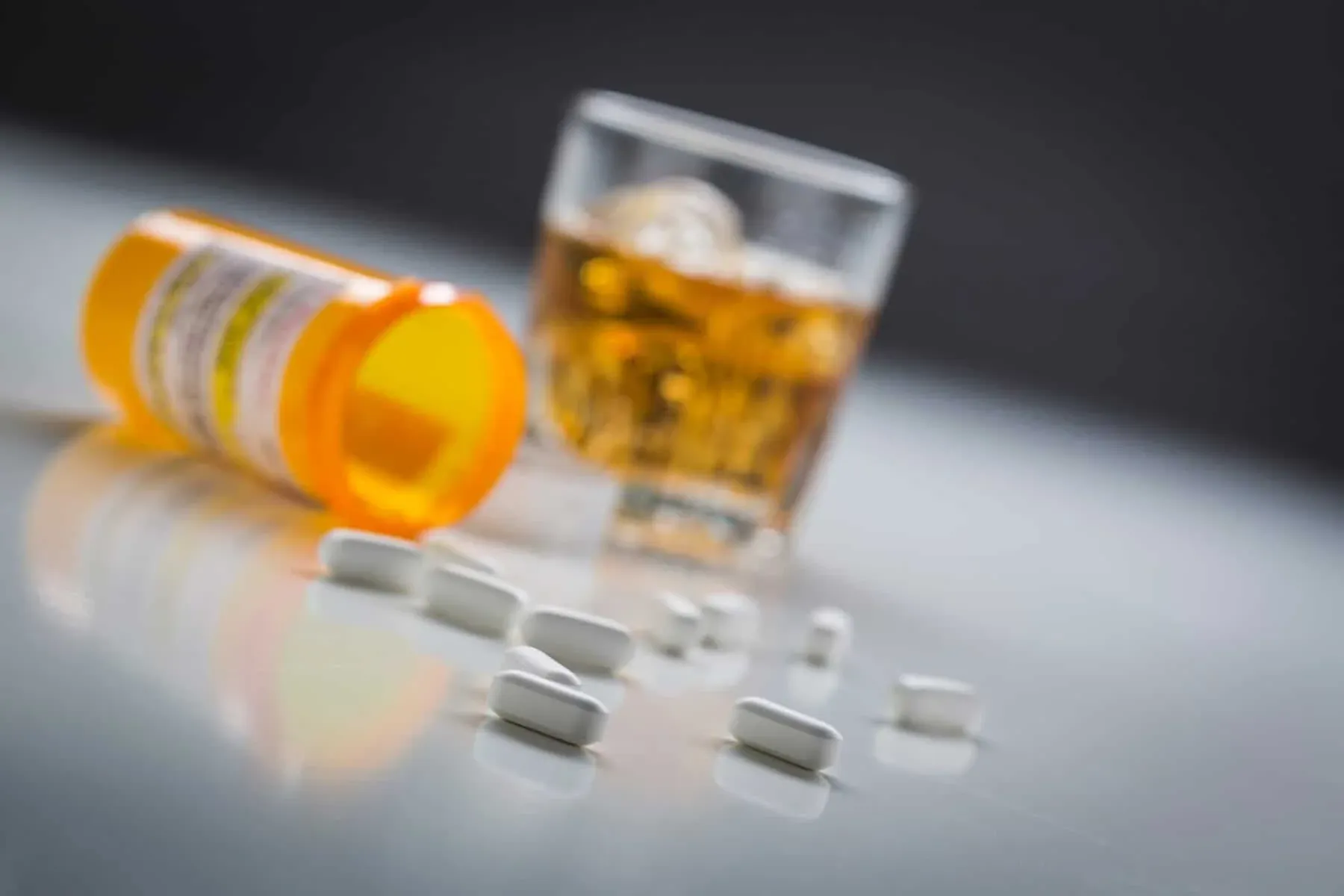Why Phentermine and Alcohol Interactions Can Be Dangerous
When people combine prescription medications and alcohol, it can lead to serious and dangerous side effects, including addiction to phentermine and alcohol. Usually, when phentermine is prescribed, individuals are told not to mix it with alcohol. However, some people ignore the potential risks and side effects that could result. Learning more about the interactions between alcohol and phentermine can help people avoid mixing the substances.
What Is Phentermine?
Phentermine is a prescription medication used to support short-term weight loss. Doctors prescribe it as part of a treatment plan that includes healthy eating and regular movement. The medication helps individuals who struggle with weight management due to appetite challenges. People often use it for several weeks as they gradually make lifestyle changes. Many feel motivated by the early progress that phentermine can provide.
Phentermine belongs to a class of drugs called stimulants. These medications increase energy levels by acting on the central nervous system. The increase in activity can support appetite control and improved focus. People may notice higher alertness during daily tasks. Each effect plays a role in how the medication supports weight loss goals.
How Does Phentermine Work?
Phentermine works by affecting neurotransmitters that influence hunger. It encourages the brain to release norepinephrine, which reduces appetite. The change helps individuals eat smaller portions without feeling overwhelmed by cravings. The medication also increases dopamine and serotonin to support energy and motivation. These changes help people stay committed to healthier routines.
The stimulant effect also speeds up certain body processes. The result often includes a higher heart rate and blood pressure. People may feel more awake and energized. However, these effects also increase stress on the cardiovascular system. The added stress becomes more dangerous when paired with other substances that influence the same functions.
Effects of Alcohol
Alcohol is a depressant that slows reactions and lowers inhibitions. Many people use alcohol to relax after stressful days. Some people binge drink large amounts in a short period to experience the effects faster. Alcohol use changes how the brain communicates and can shift mood in unpredictable ways. People may feel warm, calm, or more social during alcohol’s early effects. However, the effects change and can become more intense as blood alcohol levels rise.
Alcohol also affects coordination and decision-making. These changes increase the risk of accidents, falls, and impulsive actions. However, the positive effects often encourage continued drinking, which can lead to increased tolerance, dependence, and eventually, alcohol addiction.
Long-term use places stress on the liver as the body works to break it down, which can lead to liver disease. People who drink often may feel tired, dehydrated, or irritable. Combining alcohol with prescription medications like phentermine can have unpredictable results.
What Happens if You Mix Phentermine and Alcohol?
Mixing phentermine and alcohol creates a conflict in how the brain and body function. Phentermine speeds up the system while alcohol slows it down. The body struggles to adjust to both signals at once. The conflict increases stress on the heart, blood vessels, and brain. Many individuals experience unpredictable mood and energy shifts that make maintaining daily stability harder.
The combination also affects judgment. People may drink more than planned because phentermine reduces the perception of alcohol’s effects. Others may feel alcohol hits harder due to increased heart activity from the stimulant. These results can increase the chances of dangerous decisions. People may also experience stronger emotional reactions during stressful moments.
Alcohol and Phentermine Side Effects
Mixing phentermine and alcohol may lead to several side effects that vary from mild to severe. The body responds differently depending on overall health, frequency of use, and other substances. People often describe noticeable changes that require attention. Common early effects included elevated heart rate and blood pressure, irritability, and mood swings.
Some individuals experience anxiety or panic when the substances interact. Others notice dehydration, dizziness, or trouble sleeping. Other side effects that can occur from mixing the two substances include:
- Nausa
- Vomiting
- Chest pain
- Stomach pain
- Heart attack
- Dizziness
- Depression
- Cognitive impairments
People with underlying health conditions can be at a higher risk of adverse reactions. Severe symptoms require medical attention to prevent long-term harm.
Signs and Symptoms of Phentermine and Alcohol Addiction
Addiction can develop when individuals rely on substances to cope with daily pressure. The mix of phentermine and alcohol increases this risk. People may notice patterns that feel harder to control over time. These signs often appear in stages. Early awareness supports healthier choices and knowing when substance use is becoming an issue.
Common signs include frequent cravings or urges. Some individuals feel unable to limit use even when they want to stop. Others attempt to hide their use from friends and family. They might lose interest in activities and hobbies they used to enjoy. Mood swings also become more noticeable and intense. Withdrawal from friends or family is common as well.
Physical symptoms may include sleep problems, headaches, extreme weight loss, or ongoing anxiety. People may struggle to focus or remember simple tasks. Some individuals will start to use phentermine in ways it was not prescribed, like crushing the tablets and snorting the powder or mixing it with alcohol.
Treating Phentermine and Alcohol Addiction
Effective treatment begins with medically supervised detox. The process helps individuals eliminate substances from their bodies in a safe setting. Medical teams provide supervision and support during withdrawal. People often feel more stable with proper monitoring. The right care helps reduce complications and improve success.
Treatment includes therapy to address emotional and behavioral patterns. Cognitive-behavioral therapy (CBT) helps individuals understand how thoughts influence actions. The approach supports making healthier choices. People also learn tools that strengthen recovery and help them cope when addressing triggers and stressful situations. Group support provides connection and shared understanding. These elements build confidence and accountability.
Treatment plans use structured support to guide long-term recovery. Some individuals benefit from medication management when needed. The goal is to create routines that support health and balance. Each step in recovery supports a stable path forward and encourages as people regain control over their lives.
Start Phentermine and Alcohol Addiction Treatment Today
People who struggle with the effects of phentermine and alcohol can find hope at Flatirons Recovery in New Jersey. Our team offers compassionate care that supports each stage of healing and recovery. Individuals receive personalized help from our professionals who understand the challenges of substance misuse. Our caring environment supports stability and steady progress. Now is the time to take the next step toward a healthier future. Contact us today to begin the admissions process.









